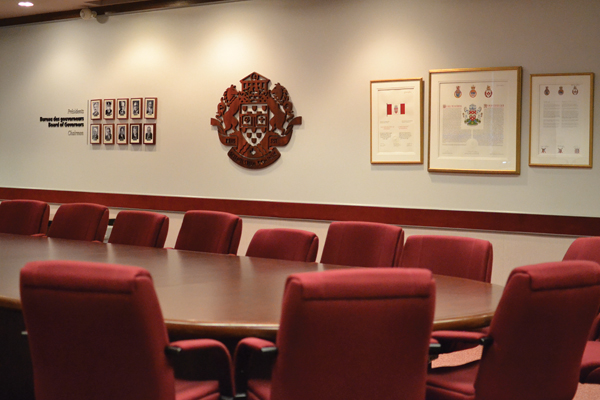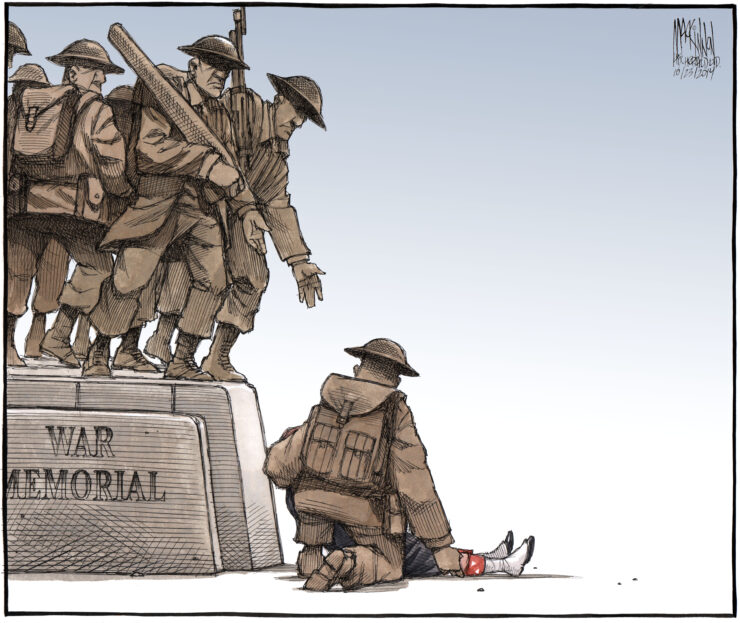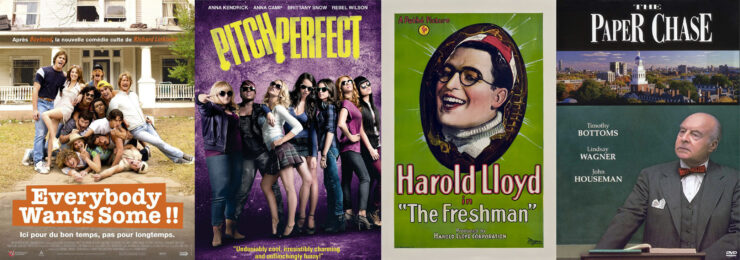Simple slogans are supposed to be the most effective.
The problem with a three word slogan though, is that it only has those three words to convey a message. If that message isn’t immediately and undeniably clear, it leaves the meaning up to interpretation, and if people don’t interpret the message correctly the problem isn’t people, the problem is you.
Unlike the University of Ottawa where the Student Federation of the University of Ottawa runs 101 Week, Carleton University administration runs the orientation programs. While this probably maintains consistency from year to year, it does mean that policies can be put into place with little student input.
Carleton’s Safe Space initiative doesn’t allow frosh leaders to swear during orientation week. Student frosh leaders felt this babied first years, shielding them from something they’ve most certainly heard before and are going to hear again.
“Rape is an awful crime and we would never promote such ridiculous behaviour,” one anonymous frosh facilitator wrote to The Charlatan. “The shirts were merely a statement against the coddling of first year students. Being told that we shouldn’t swear around them in no way helps to ease them into university life. They will be exposed to such language throughout the rest of the year.”
The stated intention of the protest was against this part of the program. However, the T-shirts said: “Fuck Safe Space.”
This is problematic for a number of reasons. First, the Safe Space program is not primarily concerned with foul language. According to their website, it’s a “university-wide initiative to reduce the impact of homophobia and heterosexism on campus.”
Prohibitions on language in orientation week are likely there to minimize homophobic and sexist comments. These are especially important after incidents in September 2013 at St. Mary’s University and the University of British Columbia, where frosh leaders led chants making light of rape and sexual assault.
Not all swear words are necessarily oppressive, but rather than assembling a list of appropriate and inappropriate foul language, it would be much easier to implement a ban on all swearing. While using the word “fuck” as part of a protest against a blanket ban on swearing seems clever, it undermines the goal of this ban, which is to create a safe space for new students.
Which brings us to what the words “safe space” mean outside of the Carleton context. Safe spaces are intended to be places where individuals can feel free from discrimination and harassment. With only three words to convey meaning, it isn’t ridiculous for the casual viewer to interpret the T-shirts as being against the concept of university as a place where students should feel safe. It is not way surprising that people who saw the shirts were upset—being on the side of discrimination and harassment (even if accidentally) is not a great position to take.
Protests are usually intended to bring attention to an injustice and to promote change. The Carleton students leaders have apologized for wearing shirts printed with “Fuck Safe Space” as they surely did not intend for incoming students to feel unsafe or discriminated against.
The university posted their apology, “We, the leaders involved in this incident, would like to offer our sincerest apologies to Carleton University students, staff, and faculty, Carleton alumni, Leslie Robertson and her family and the greater Ottawa community,” reads the apology.
“While our intentions were not to harm or disrespect anyone, the T-shirts in question were without a doubt inappropriate, inconsiderate, offensive and disgraceful. Intent is not an excuse for impact and we take full responsibility for the seriousness of our actions.
“It pains us to know that we have tarnished the name of our institution and the hard work of thousands of students, staff and faculty in creating a safe and inclusive environment.”
Having hoped to call attention to a portion of orientation week policy that seemed puritanical though, it’s ironic that the protest was over the use of words. Frosh leaders initially spoke to the press and pointed out that first years were old enough to handle swearing—and in that, they were likely correct. The point they missed was that word choice matters because it really does have power: The power to make someone feel safe—or not—and the power to accurately convey what you are trying to say. Or not.





